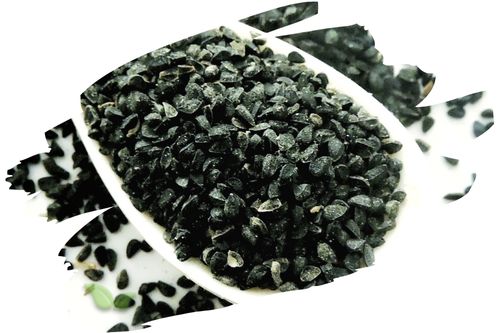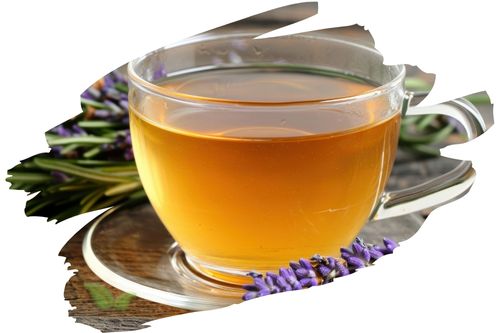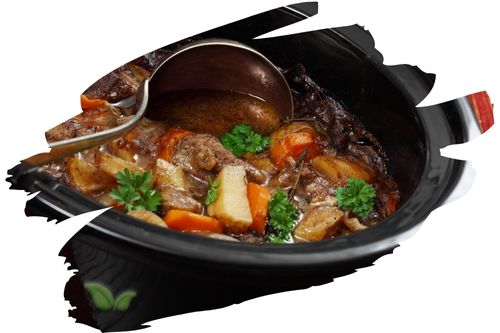
Introduction: Unraveling the Mystery Behind Meringues
Meringues have long captured the hearts of baking enthusiasts and dessert lovers alike. These airy, delicate confections have a magical allure that makes them a delightful treat for any occasion. However, mastering the art of making meringues can be tricky, especially for beginners. Fear not, for one ingredient comes to the rescue and plays a vital role in ensuring your meringues turn out perfect every time: cream of tartar.
In this comprehensive article, we will explore the essential role of cream of tartar in meringues. From understanding what cream of tartar is to its specific contributions in meringue-making, we will cover everything you need to know to achieve the ultimate meringue perfection. So, put on your aprons and let's get baking!
What is Cream of Tartar?
Cream of tartar, scientifically known as potassium bitartrate, is a byproduct formed during the winemaking process. It crystallizes inside wine barrels and is later collected, purified, and ground into a fine white powder. This versatile ingredient has found its way into the culinary world and plays a crucial role in various recipes, particularly in baking.
The Chemistry Behind Cream of Tartar in Meringues
Meringues are all about chemistry, and cream of tartar plays a starring role in this chemical magic. When egg whites are whipped, the proteins in them unravel and form a network that traps air bubbles, creating the characteristic light and airy texture of meringues. However, without the addition of an acid, the protein network is not stable enough to hold the air bubbles effectively.
Enter cream of tartar, the acid that saves the day. The acidic nature of cream of tartar helps denature and stabilize the egg white proteins, giving them a stronger structure to hold onto the air bubbles. This stabilization prevents the meringue from collapsing and ensures it maintains its shape and volume throughout the baking process.
The Importance of Cream of Tartar in Stabilizing Egg Whites
As mentioned earlier, cream of tartar is a stabilizing agent that helps egg whites maintain their structure. When egg whites are whipped, air is incorporated into the mixture, causing the proteins to unwind and form a foam. Without stabilizing agents like cream of tartar, this foam can break down easily, resulting in a flat and deflated meringue.
The cream of tartar works its magic by not only stabilizing the proteins but also reducing the risk of overbeating. Overbeating egg whites can lead to a grainy texture, but with cream of tartar, you can achieve the perfect balance between structure and smoothness.
Preventing Crystallization with Cream of Tartar
Crystallization is a common challenge when making meringues. It occurs when sugar molecules bind together and form crystals, resulting in a gritty texture in the meringue. Cream of tartar comes to the rescue by acting as an "interfering agent." It interferes with sugar crystal formation, preventing crystallization and ensuring your meringue remains smooth and velvety.
Enhancing Texture and Volume
Cream of tartar not only stabilizes and prevents crystallization but also enhances the overall texture of your meringues. It helps create a lighter and fluffier texture, making your meringues irresistibly soft and airy. Additionally, this magical ingredient contributes to increased volume, allowing you to create beautifully tall and impressive meringue peaks.
Tips for Using Cream of Tartar in Meringues
- Always use fresh cream of tartar to ensure its effectiveness in stabilizing egg whites.
- Add cream of tartar at the beginning of the whipping process to allow it to disperse evenly.
- Use a small amount of cream of tartar (approximately 1/8 teaspoon per egg white) to achieve the desired results without affecting the taste.
Troubleshooting Meringue Mishaps
Even with the help of cream of tartar, meringues can sometimes pose challenges. Let's explore some common meringue mishaps and how to troubleshoot them:
1. Weeping Meringue: If your meringue forms droplets of liquid on the surface after baking, it could be due to underbaking. To prevent weeping, ensure your meringues are thoroughly baked and allow them to cool gradually.
2. Flat Meringues: Flat meringues can result from overbeating or insufficient stabilizing agents. Check the consistency of your egg whites and consider adjusting the amount of cream of tartar used.
3. Beading: Beading occurs when sugar syrup seeps from the meringue during baking. To prevent this, make sure the sugar is fully dissolved before adding it to the egg whites.
4. Grainy Texture: A grainy texture is often the result of overbeating or insufficient cream of tartar. Be mindful of your whipping time and use the appropriate amount of stabilizing agent.
FAQs
Q: Can I substitute cream of tartar with other ingredients? A: While cream of tartar provides the best results, you can use white vinegar or lemon juice as alternatives in stabilizing egg whites. However, keep in mind that these substitutes might impart a slight taste to your meringues.
Q: Can I omit cream of tartar in my meringue recipe? A: Yes, you can omit cream of tartar, but your meringue may be less stable and more prone to deflating. For the best results, it's recommended to include cream of tartar.
Q: Can I use cream of tartar in other baking recipes? A: Absolutely! Cream of tartar is a versatile ingredient and can be used in various recipes, such as making snickerdoodle cookies or stabilizing whipped cream.
Q: How should I store meringues made with cream of tartar? A: Store your meringues in an airtight container at room temperature for up to three days. Avoid storing them in the refrigerator, as moisture can cause them to become sticky.
Q: Is cream of tartar gluten-free? A: Yes, cream of tartar is gluten-free, making it suitable for those with gluten sensitivities.
Q: Can I use cream of tartar in savory dishes? A: Cream of tartar is typically used in sweet recipes due to its ability to stabilize egg whites. It is not commonly used in savory dishes.
Conclusion: Elevate Your Meringue Game with Cream of Tartar
Cream of tartar is undoubtedly the unsung hero in the world of meringues. Its ability to stabilize egg whites, prevent crystallization, and enhance texture and volume makes it an indispensable ingredient for any meringue enthusiast. With cream of tartar by your side, you can confidently create picture-perfect meringues that will impress and delight your family and friends.
So, the next time you embark on a meringue-making adventure, remember the crucial role of cream of tartar. Embrace the chemistry and magic behind this humble ingredient, and watch as your meringues take flight, both literally and figuratively, to sweeten your life with every heavenly bite.
Alert: While spices can have many beneficial properties for health, using them for medical purposes should be done under the guidance and supervision of a healthcare professional or specialist. Some spices may interact with medications or cause adverse reactions in certain individuals, and it is important to use them safely and appropriately. If you are considering using spices for a medical condition, it is important to consult with a healthcare professional before doing so.




















































